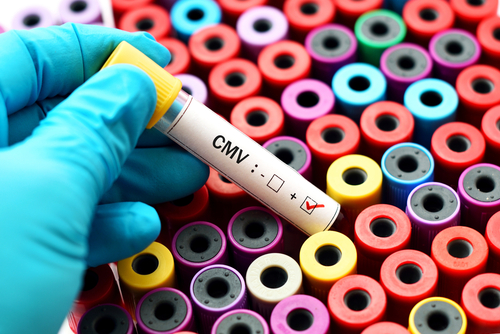Letermovir Prevents CMV Infection, Improves Survival in Bone Marrow Transplant Patients
Written by |

Patients undergoing hematopoietic (donor) stem cell transplants could benefit from treatment with the experimental drug letermovir, which prevents the common viral infection cytomegalovirus (CMV). These results may help improve the safety of stem cell transplants with fewer side effects.
The findings were presented at the 2017 Bone Marrow Transplant Tandem Meetings of the American Society for Blood and Marrow Transplantation (ASBMT) and the Center for International Blood and Marrow Transplant Research (CIBMTR) in Orlando, Florida.
CMV infection is one of the most common viral infections worldwide. It can cause no symptoms or present as a flu-like fever or mononucleosis, but patients often control the infection, leaving the virus at a dormant state in the body.
In patients undergoing bone marrow transplants to treat blood-related cancers such as leukemia, lymphoma, myeloma or other blood disorders, chemotherapy prior to the transplant and other measures that prevent graft-versus-host disease may allow the virus to reawaken and severely damage the lungs or other organs before the newly reconstituted immune system can control the infection.
Researchers at the Dana-Farber Cancer Institute and Brigham and Women’s Hospital conducted a Phase 3 clinical trial (NCT02137772) to examine whether letermovir (MK-8228) could prevent CMV infection among bone marrow transplant patients. The study enrolled 565 patients positive for dormant CMV from 67 research centers in 20 countries who were randomized to receive either letermovir or a placebo an average of nine days after the transplant.
“The goal was to suppress the virus before it has a chance to become active,” Francisco Marty, MD, an infectious disease specialist at Dana-Farber and BWH said in a press release.
By week 24 after the transplant, 61% of patients receiving the placebo developed serious CMV, whereas only 38% of the letermovir-treated patients had a CMV infection or did not complete the trial.
So far, the available drugs to tackle or prevent CMV infection in transplanted patients were either ineffective or produced harsh side effects. Letermovir has a different mechanism of action from previously tested agents. It blocks the ability of the virus to replicate inside human cells without affecting the patient’s cells. This may in part explain the mild side effects observed in the trial, the researchers said.
Overall, letermovir was well tolerated with low toxicity. Among the reported side effect were mild cases of nausea or vomiting and swelling. Letermovir also conferred a survival benefit: only 10% of the letermovir-treated patients died compared to 15% in the placebo-treated group.
“For the first time, we seem to have a drug that is a true safe and effective preventive for CMV infection in stem cell transplant patients,” Marty said. “The results of this trial offer encouragement that letermovir can offer a new strategy for donor stem cell transplant patients in preventing the emergence of CMV infection following transplant.”



